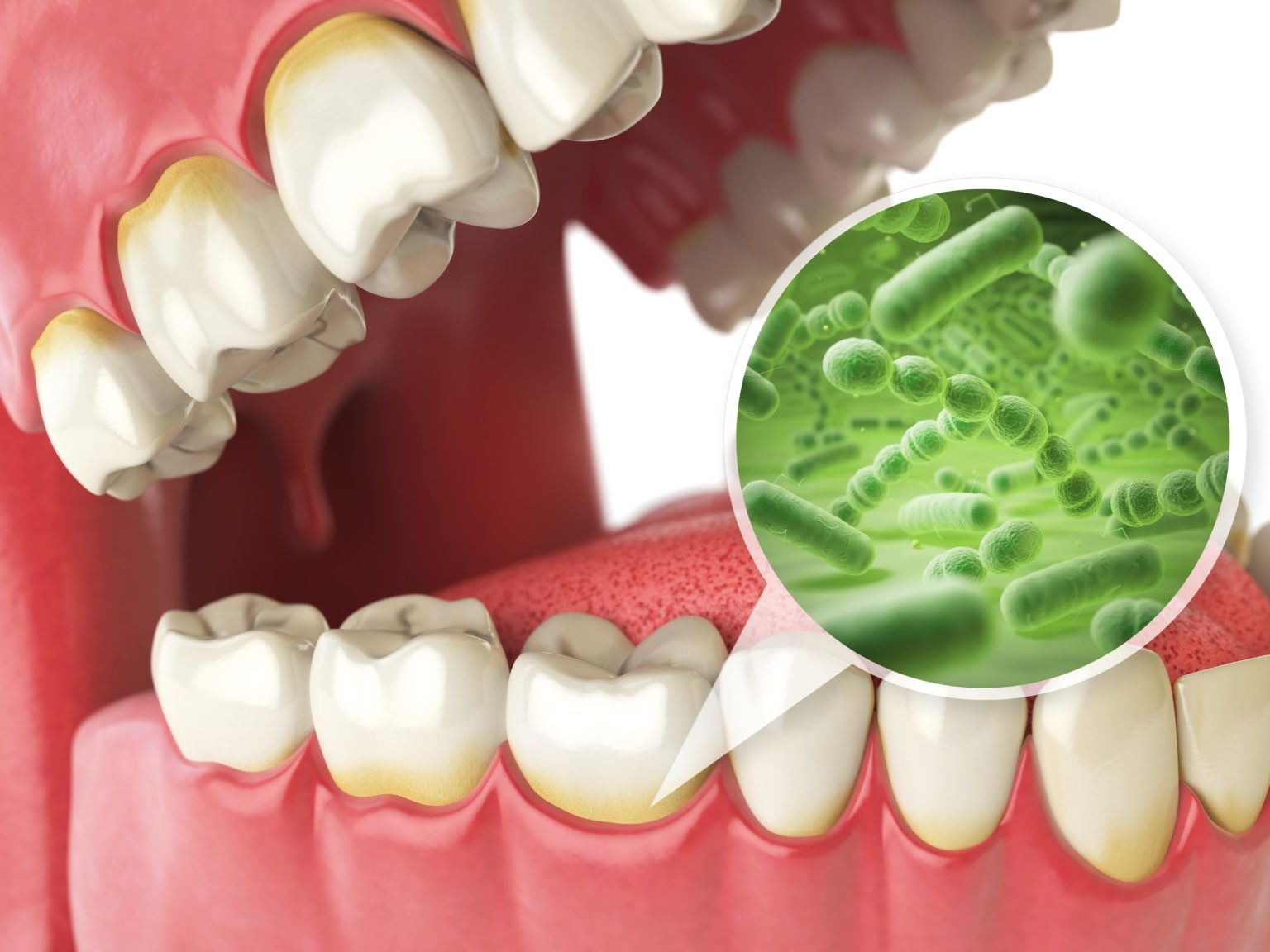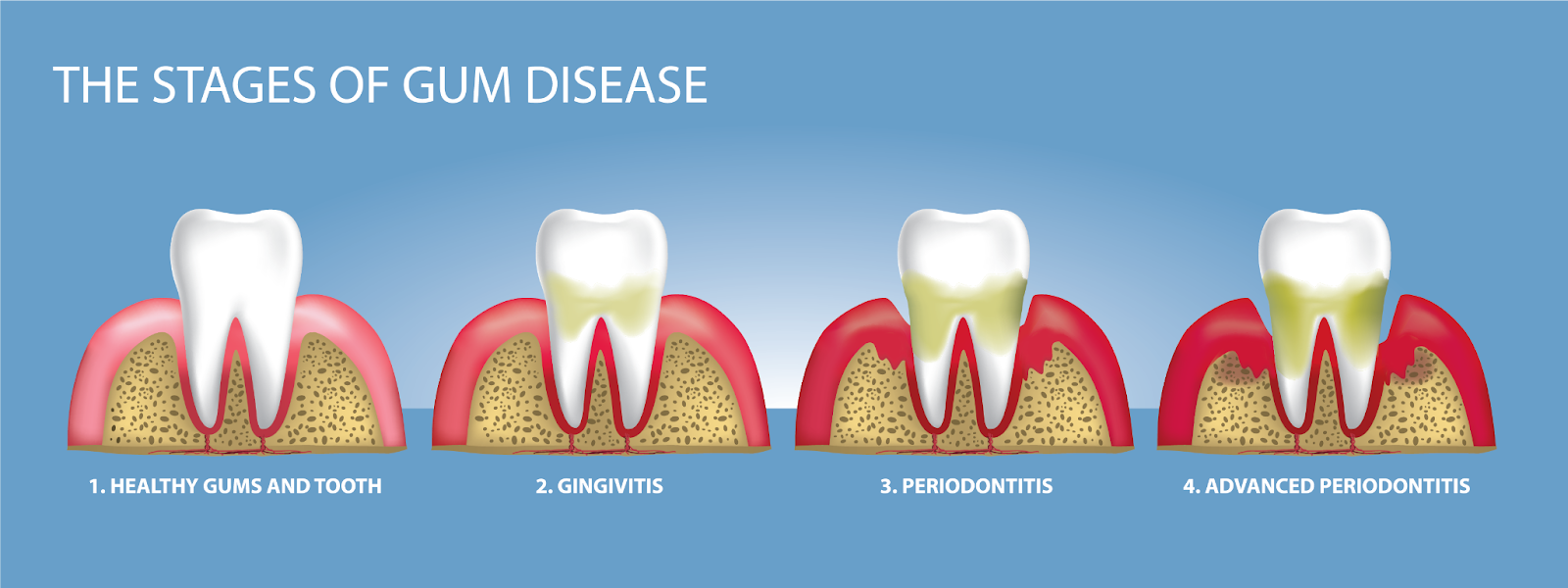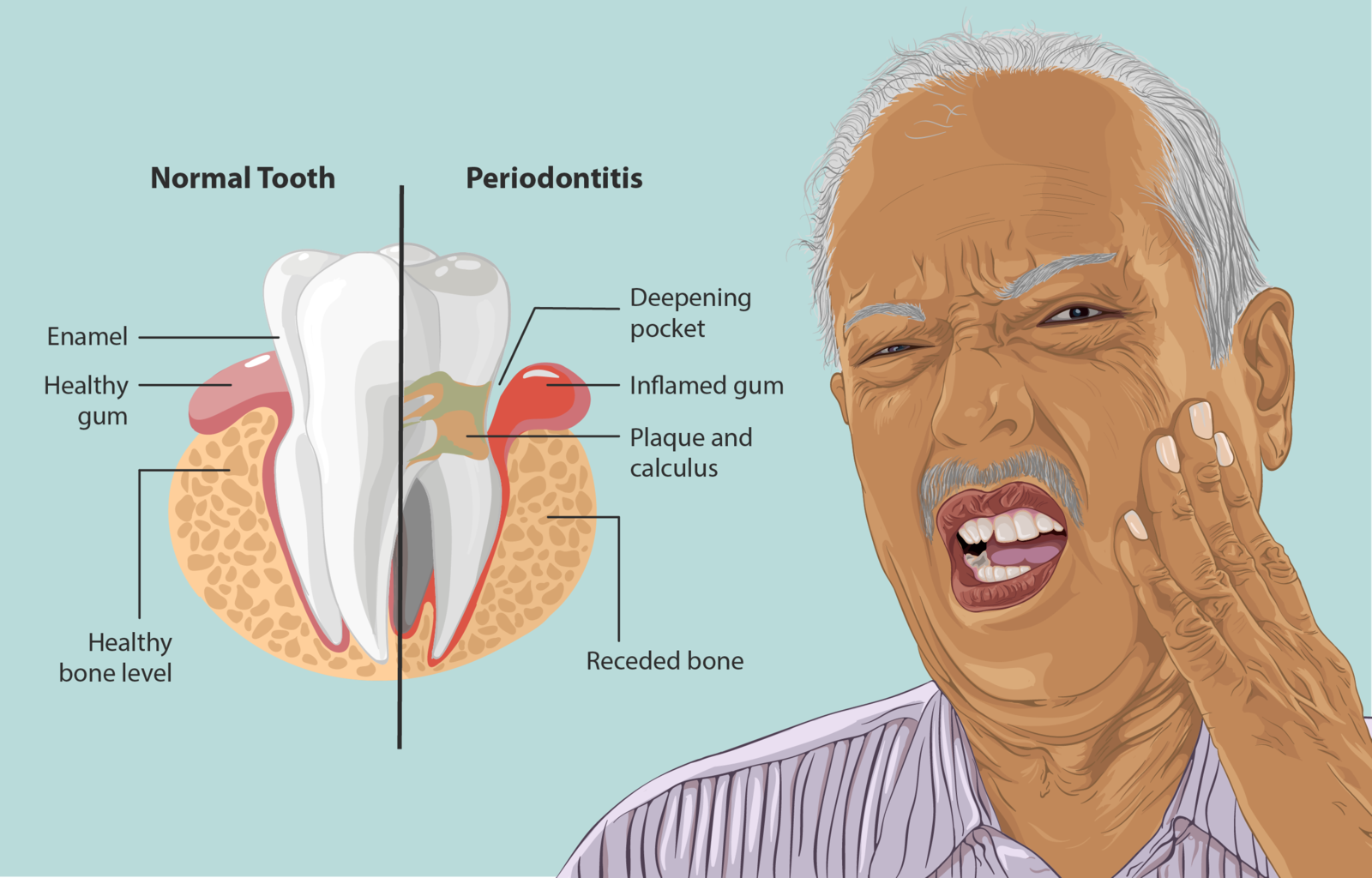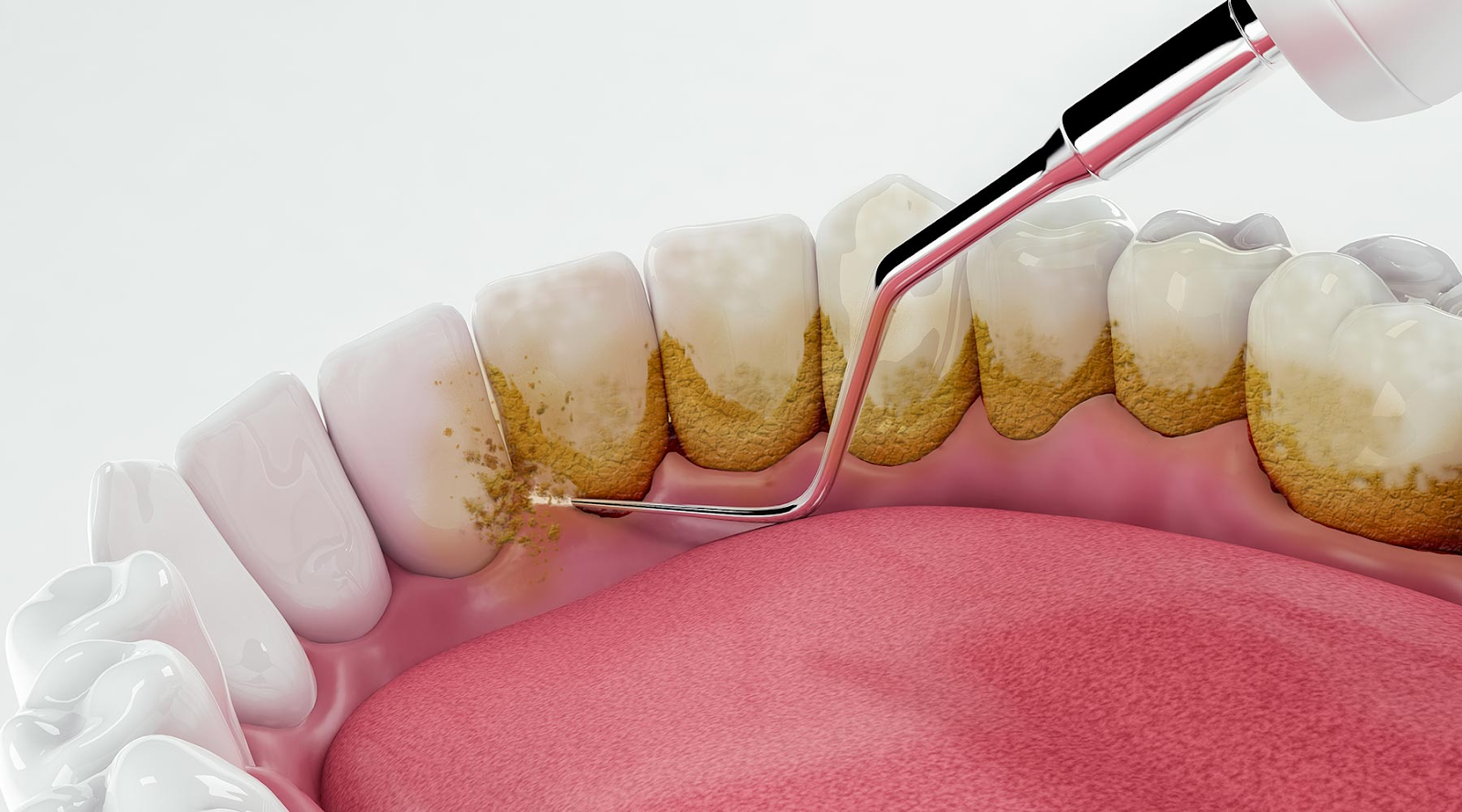
Unhealthy gums are more than just a dental concern; they can have significant effects on your overall health. Gum disease is a silent condition and if it is left untreated, it can cause serious health problems. But what is gum disease and how exactly do unhealthy gums affect your overall health? Keep reading to find out the relationship between your oral health and overall health!
What Causes Gum Disease?
Understanding what causes gum disease is the first step in preventing and treating it. The common causes include plaque buildup which is a sticky layer of bacteria on your teeth. The reason for this buildup may be poor oral hygiene, smoking heavily and hormonal changes. If this plaque is not removed by regularly brushing and flossing, it hardens and turns into tartar which can then lead to inflammation and gum irritation.

Gum disease develops in stages, and regularly checking your oral health and recognizing these stages can help you take action before it’s too late. The initial stage, gingivitis, is characterized by red, swollen gums that may bleed easily. They especially bleed when you are brushing or flossing your teeth. At this point, the damage can be still reversible, and with good oral hygiene, you may restore your gum. However, if left untreated, gingivitis can progress to periodontitis, where the gums start to pull away from the teeth, forming pockets that can become infected. These pockets allow more bacteria to grow beneath the gum which then leads to further inflammation and tissue damage. In the final stage of periodontitis, the supporting bone and tissues are destroyed, leading to loss of teeth and even abnormalities in your bite. Receding gums stages vary depending on the individual but it’s essential to address any signs of gum disease immediately to prevent serious complications.

Can Gum Disease Kill You?
The relationship between unhealthy gums and overall health is very important and complex. Unhealthy gums are not just limited to the mouth—they can have serious consequences throughout the body. When the gums are infected, the bacteria responsible for the infection can enter the bloodstream, leading to an inflammatory response. This chronic inflammation has been closely linked to several medical conditions including diabetes, respiratory illnesses, and cardiovascular diseases.
For instance, people with gum disease are considered at a higher risk of developing heart disease. As the bacteria from the gums can enter the bloodstream and contribute to the development of arterial plaque, it can theoratically lead to heart attacks and strokes. Similarly, gum disease can exacerbate diabetes by making it more difficult to control blood sugar levels. This can result in creating a cycle where poor oral health and diabetes feed into each other. So, while answering the “Can gum disease kill you?” question is not an easy one to answer, it is known that unhealthy gums have significant impacts on the whole body. So, when recognized, you should immediately address this issue to prevent any further damage.

Is Gum Disease Contagious?
Gum diseases are not directly contagious. The bacteria can be spread through saliva by means of kissing. However, even though the transmission of the bacteria is possible, if a person develops a disease depends on various factors such as their immune system strength and oral hygiene habits. For instance, if a person has a weak immune system or poor oral hygiene, they are more likely to develop gum disease after being exposed to the bacteria. So, the answer to the "Is gum disease contagious?" question is "no" in a traditional sense. Even though the bacteria can spread between people through saliva, it doesn't necessarily mean the person will develop a disease.
How to Cure Gum Disease?
Unhealthy gums should be cured but how exactly? During the early stages, the damage is still reversible. The first stage, as mentioned before, is known as gingivitis characterized by red and swollen gums. So, how to reverse gum disease? You should improve daily oral hygiene practices, including brushing at least twice a day and flossing. Also, using an antibacterial mouthwash would help reduce plaque buildup. If the condition is severe and becomes periodontitis, professional help is necessary. Treatment for this case involves a deep cleaning procedure (scaling) and root planing. During root planing dentist removes the plaque and tartar from the gum line. If there are persistent bacterial infections, the dentist may prescribe antibiotics. If the case is even more severe and there is bone or tooth loss, surgical interventions may be necessary to restore damaged tissue and bone. Also, lifestyle changes such as quitting or reducing smoking and maintaining a balanced diet rich in vitamins C and D also help to support gum health.

Smile Center, based in Antalya Turkey, offers various dental treatments in Turkey, addressing each case with a personalized approach. Whether you need surgical interventions or simply improve your aesthetic, the clinic is equipped with high-technology instruments and a highly experienced dentistry team. Before deciding which place to choose for your dental treatments, please check:
This would help you to make an informed decision as well as stay away from the black market. To learn more about Smile Center, its services and prices, please do not hesitate to get in contact with one of our medical experts!
REFERENCES:
-
Assessment of the Awareness and Oral Hygiene Practices among Patients with Gum and Periodontal Diseases. International Journal of Statistics in Medical Research. 2024. 13. 143-152. 10.6000/1929-6029.2024.13.13.
-
National Institute of Dental and Craniofacial Research. (n.d.). Gum disease. National Institute of Dental and Craniofacial Research.
University Hospitals. (2022, October 4). How gum disease impacts your health. University Hospitals.


